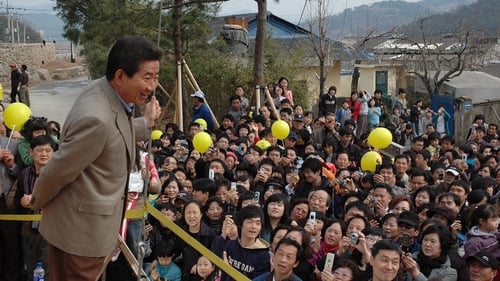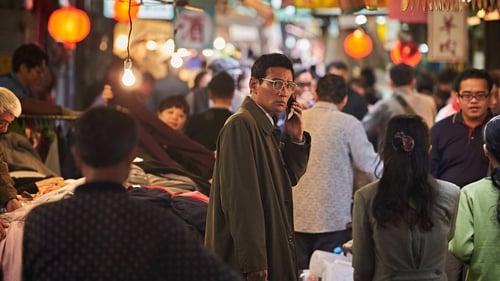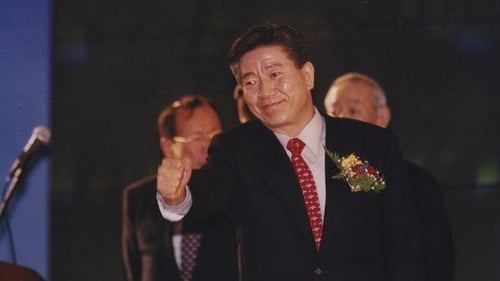Kim Dae-jung
Nascimento : 1924-01-06, Sinan, South Jeolla, South Korea
Morte : 2009-08-18
História
Kim Dae-jung was a South Korean politician and statesman who served as President of South Korea from 1998 to 2003.
Nascimento : 1924-01-06, Sinan, South Jeolla, South Korea
Morte : 2009-08-18





